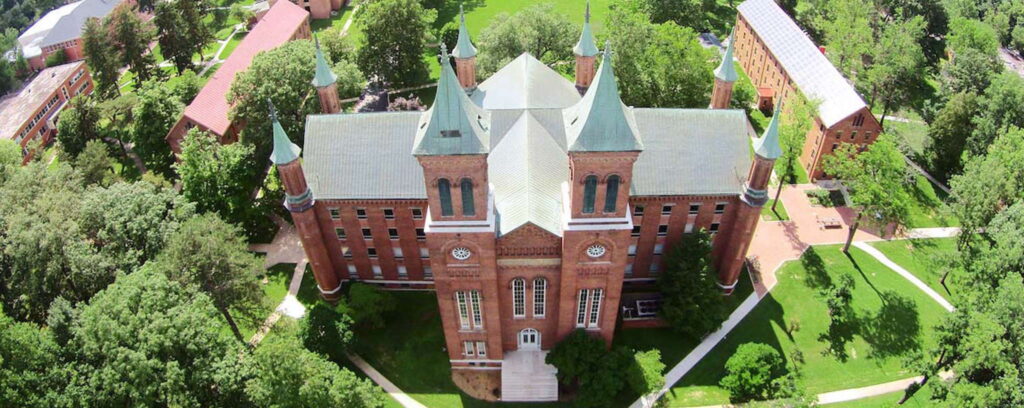ABOUT US
WHAT WE DO
The Work Colleges Consortium (WCC) supports member schools with federal compliance, conducts research across the institutions to help assess student work-learning and service outcomes, shares best practices, and supports ongoing activities among the colleges in the areas of work-learning-service.
The Consortium believes that the Work College model provides an unprecedented educational experience for students that should be emulated and we make every effort to extend our expertise to others. The majority of Work College students are first generation college participants. Students graduate with a valued degree, real work experience, and a strong sense of how their work and service contribute to their communities. They leave college with heightened self-awareness and an understanding of their place in the world and the important contributions they can make as individuals. Importantly, Work College students graduate from college with reduced, little, or no debt.

84%
of all Work College graduates agree that their work program experience was an important way to reduce college costs.
—Research data from the Work Colleges Consortium Spring 2018 Graduates.
UNIFIED BY PURPOSE
OUR WORK COLLEGE MEMBERS
There are currently ten federally recognized Work Colleges, and nine are members of the Work Colleges Consortium. These institutions are small, private, liberal arts colleges with modest enrollments that range from about 150 to approximately 1,600 students. Each school is unique and operates the work program in a slightly different fashion. However, “work-learning-service” is a central component of each work college. Student work, coupled with robust academics and a spirit of service, is the common denominator shared by all the work colleges.
Pippa Pass, Kentucky
Yellow Springs, OH
Berea, Kentucky
Carlinville, Illinois
Point Lookout, Missouri
Grand Rapids, Michigan
Dallas, Texas
Craftsbury Common, Vermont
Asheville, North Carolina
UNIFIED BY PURPOSE
OUR WORK COLLEGE MEMBERS
There are currently ten federally recognized Work Colleges, and nine are members of the Work Colleges Consortium. These institutions are small, private, liberal arts colleges with modest enrollments that range from about 150 to approximately 1,600 students. Each school is unique and operates the work program in a slightly different fashion. However, “work-learning-service” is a central component of each Work College. Student work, coupled with robust academics and a spirit of service, is the common denominator shared by all the Work Colleges.
Pippa Pass, Kentucky
Berea, Kentucky
Carlinville, Illinois
Point Lookout, Missouri
Grand Rapids, Michigan
Dallas, Texas
Craftsbury Common, Vermont
Asheville, North Carolina









